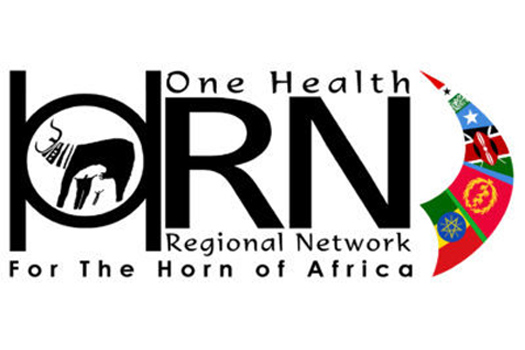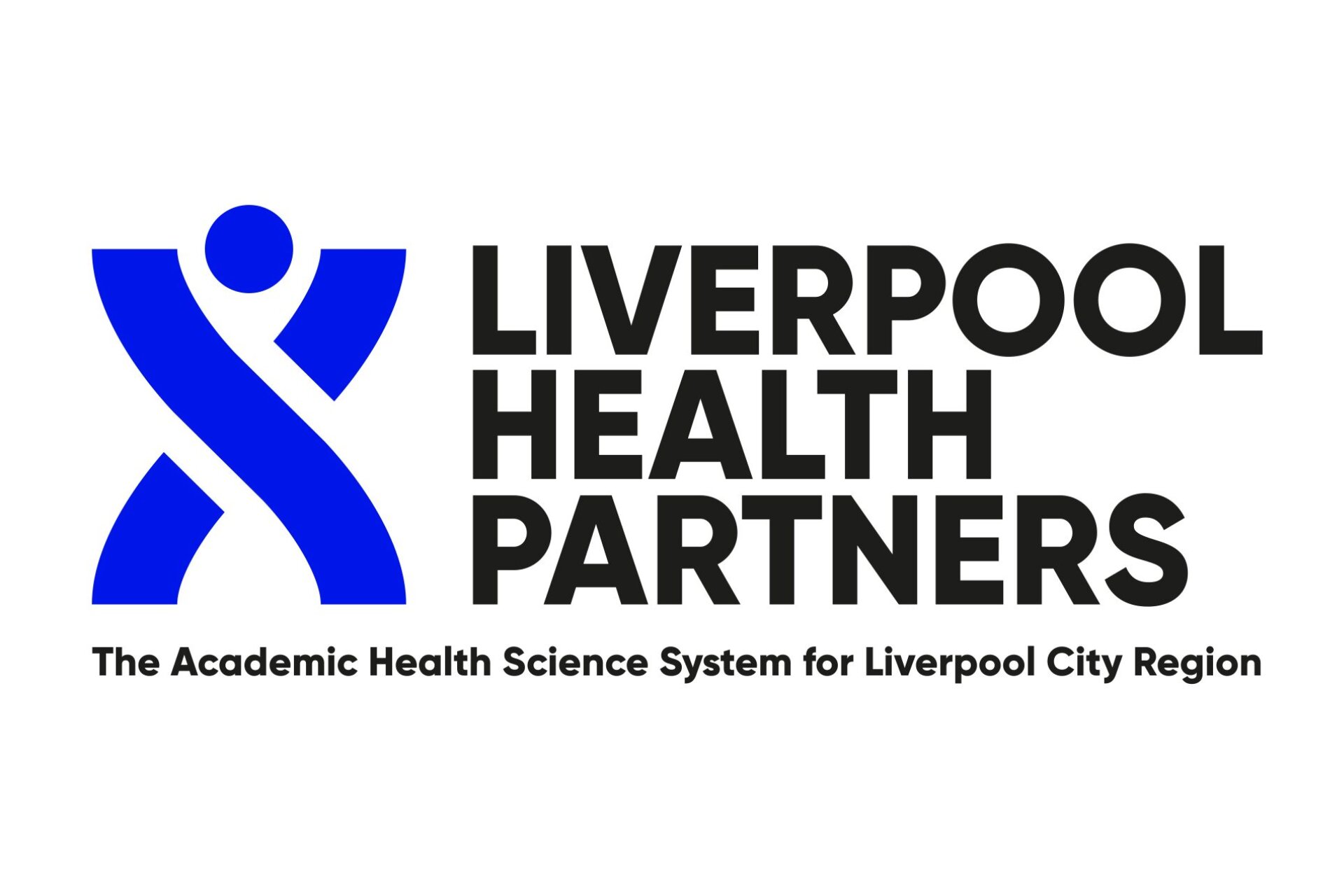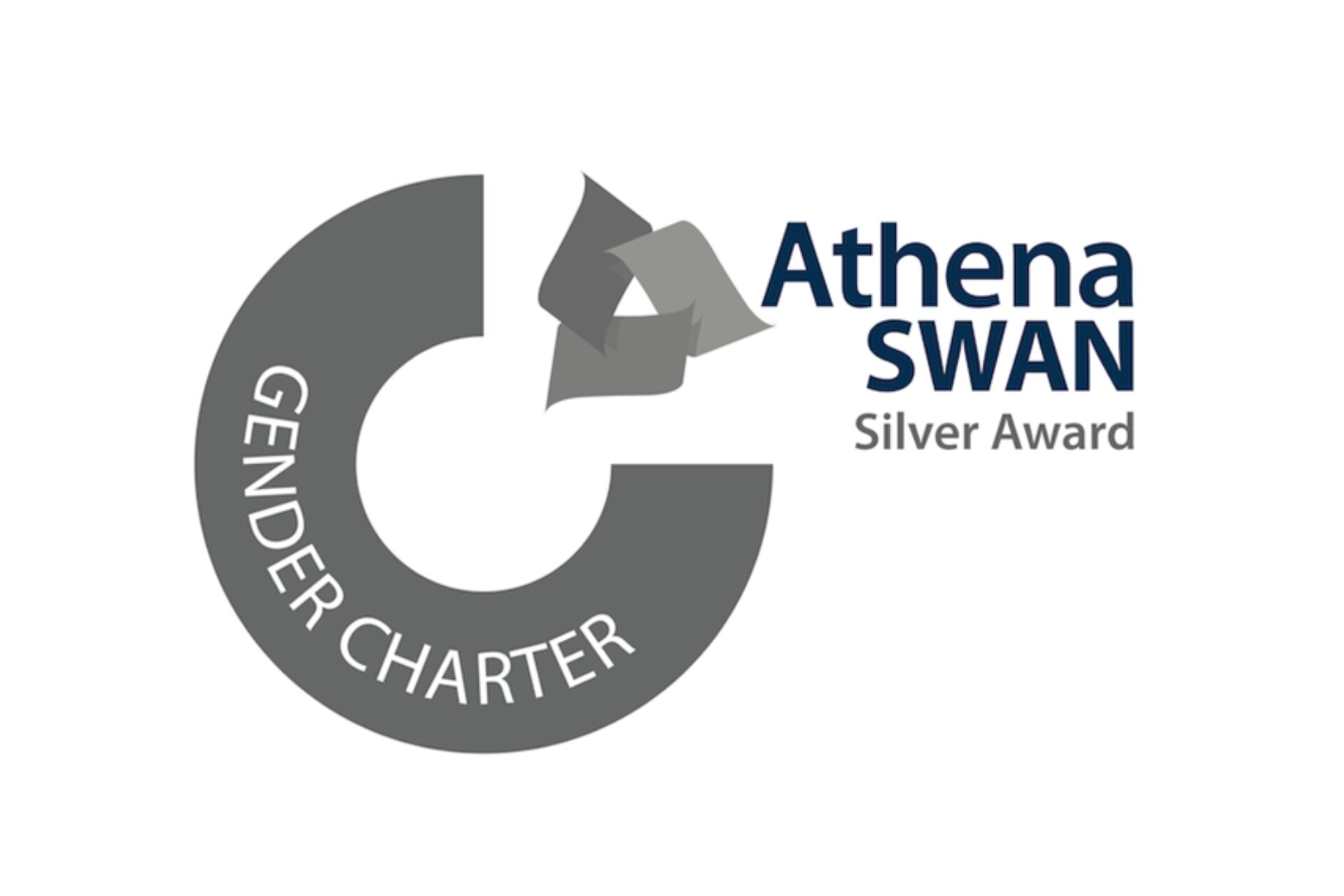
Our research
Our research addresses local, national and international priorities, supporting improvements to health and driving economic growth. Within the School of Veterinary Science, we undertake basic clinical research supporting the health of domestic and companion animals. We also undertake ecological research to support sustainable ecosystems.
Our programmes of research on infectious diseases of people and animals, including zoonotic diseases that spread between them, span all scales, from the gene to the population. We are a leading centre for research into emerging diseases, including SARS-CoV-2, Ebola, Zika, parasitic and vector-borne diseases.




.jpg)
.jpg)
,(1).jpg)




